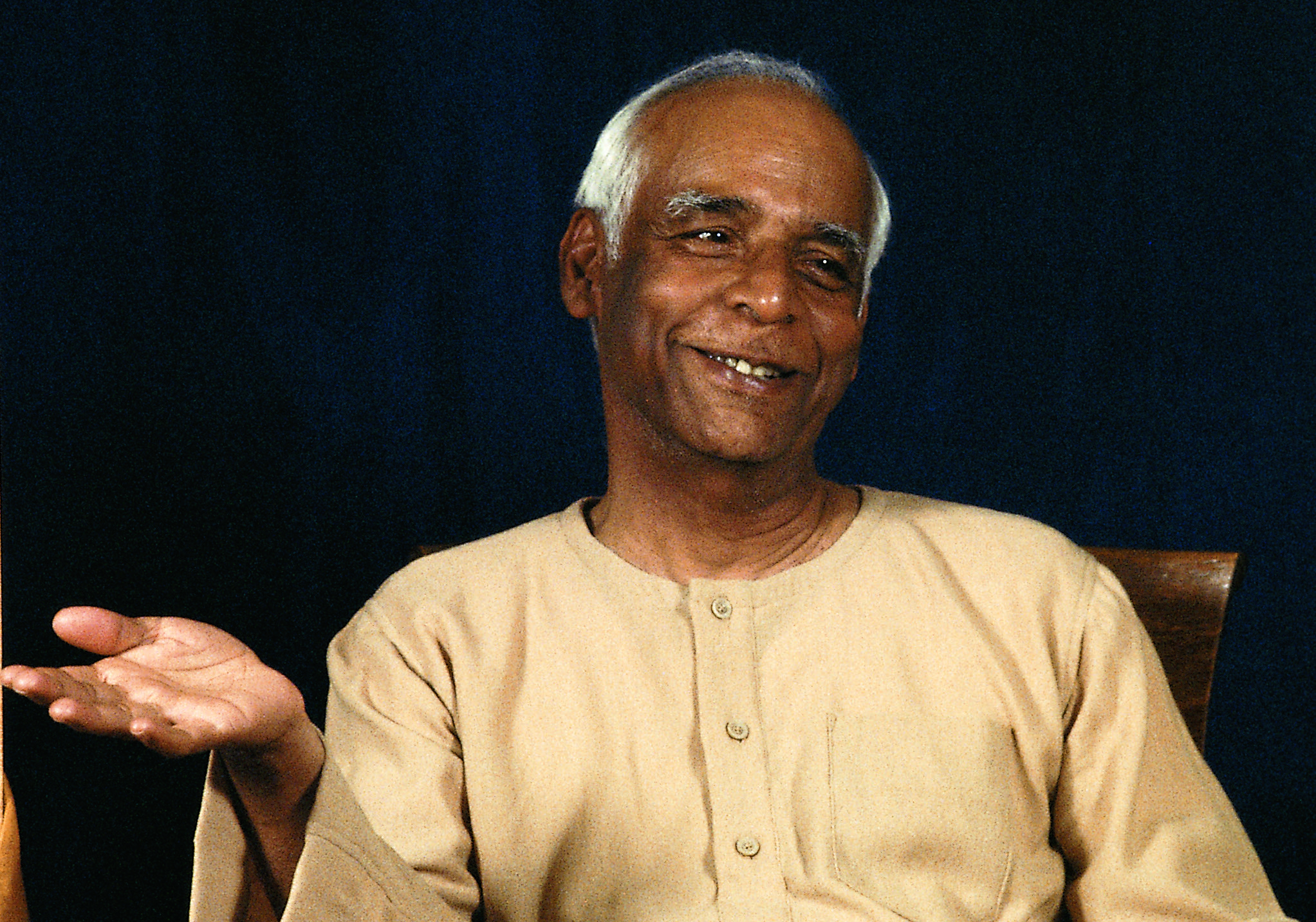Here is one of our meditation passages by Saint Teresa of Avila:
Her heart is full of joy with love
For in the Lord her mind is stilled.
She has renounced every selfish attachment
And draws abiding joy and strength
From the One within.
She lives not for herself, but lives
To serve the Lord of Love in all,
And swims across the sea of life
Breasting its rough waves joyfully.
Imagine if each of us passage meditators could become what this passage describes. What a great contribution we could make to our families and communities – by sharpening up our meditation practice!
This week, we have that opportunity. In our reading selection, Easwaran shares the subtle art of withdrawing attention from distractions and putting more attention on the passage during meditation.
Note the tips or images in this selection that are especially helpful to you.
Then during your meditation sessions this week, when distractions come, increase your attention to the words of the passage.
Try this same skill during the day. When your mind wants to get distracted while doing a task or while with another person, increase your attention to the task or the person.
Let us know what you discover!
The excerpt below is from Passage Meditation, by Eknath Easwaran.
Distractions (excerpt)
When we take our dog Muka for a walk along a country road, he sometimes sees a cow and dashes ahead to upset her. To prevent this, we call him back. Further on he sees another cow and starts to trot forward ever so slightly, hoping we won’t notice. Again, someone has to call out, “Muka!” He circles back. But after a little while his attention gets caught again, and he edges in front. This goes on ceaselessly.
Bringing the mind back when it strays is like that. But though you may have to do it many times, this is not a pointless activity, not a wasted effort. Saint Francis de Sales explains, “Even if you did nothing during the whole of your hour but bring your mind back and place it again in our Lord’s presence, though it went away every time you brought it back, your hour would be very well employed.”
Then, too – unlike Muka – your mind will learn. Today you may have to bring it back fifteen times, perhaps thirty. But in three years, you may bring it back only a few times; in six years, perhaps twice; in ten years, not at all.
Occasionally the mind may try the old recorder ruse. You are repeating correctly, “It is in giving that we receive,” when a garbled version comes on: “It is in grabbing that we receive.” If this happens, don’t become agitated and try forcefully to turn off this unwelcome sound track. You may believe that you can do this with some effort, but actually you will only amplify the distracting voice. By dwelling on it, by struggling against it, you simply make it more powerful. The best course is to attend more to the true words of the prayer. The more attention you give them, the less you will be giving to the garbled version. When your attention rests completely on the passage, there can be no attention on anything else.
So when distractions come, just ignore them. When, for instance, you are acutely aware of noises around you while meditating, concentrate harder on the words of the passage. For a while you may still hear the cars passing by, but the day will come when you hear them no longer. When I first moved to Berkeley, I lived in an ancient apartment house on a busy street. My friends said I would never be able to meditate there – “Nothing but ambulances, helicopters, and rock bands,” they told me. I sat down for meditation at twilight, and for five minutes I heard it all. After that, I might just as well have been in a remote corner of the Gobi Desert.

